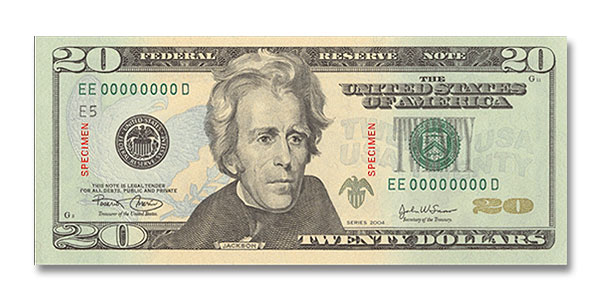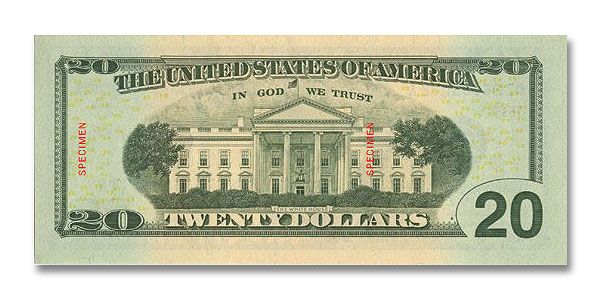England switched to a decimal system relatively late (post war) and as a result the finished package was well thought out.
British Coins: 1, 2, 5, 10, 20, 50
vs.
American Coins 1,5,10,25
0.27 = 20 + 5 + 2 (3coins British)
0.27 = 25 + 1 + 1 (3coins American)
0.52 = 50 + 2 (2 coins British)
0.52 = 25 + 25 + 1 + 1 (4 coins American)
0.99 = 50 + 20 + 20 + 5 + 2 + 2 (6 coins British)
0.99 = 25 + 25 + 25 + 10 + 10 + 1 + 1 + 1 + 1 (9 coins American)
ok this can go on ad naseum, but the point is that the choice of coin denomination seriously effects the change you get for any amount between 0.01 and 0.99. The use of a one pount coin in the UK has become standard after they tried to use a paper note but found it had the same problems that the US is having with wear/tear.
The British notes increase in size based on monetary value and each has a distinctive colouring. The reasoning is that people who have problems with their sight are still able to distinguish one note from another by touch/size.
In summary, they did a good job thinking about their currency in modern terms.
In my time in UK, France, and Holland, did I come to prefer their currencies? Yes, I found them more practical and I have very little sentimental attachment to American money as I try not to hold on to it for very long.

The thing I really learned is that the cashless society is the way forward. In France, you have been able to pay for everything with your debit card for many years now and once I got used to that it was damned annoying to reaclimate to the having to carry money around as you do in some places in the US. Buying a pack of cigarettes, a newspaper and something drink in cash is stupid and just results in my car collecting more coins that fall out of my pocket once I get back in.
I think investing in modernizing the American bills are a good idea, but I would hope that their use will be minimalised in the US as most people use debit and/or credit cards.






